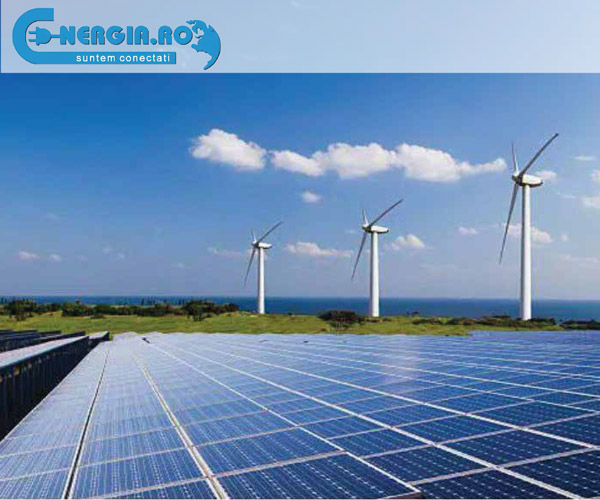EU: MEPs approve reforms for a more sustainable and resilient EU gas market
Share

MEPs adopted, on Thursday, plans that will facilitate the market introduction of gases from renewable sources and with low carbon dioxide emissions, including hydrogen. The new directive will contribute to the decarbonisation of the gas sector to combat climate change. Also, MEPs established measures to protect vulnerable consumers and to ensure transparency. EU member states will be able to restrict imports from Russia. In order to give up fossil gases, the legislation will promote biomethane and hydrogen.
The new directive and the new regulation on the gas and hydrogen markets aim at the decarbonisation of the EU’s energy sector, strengthening the production and integration of gas from renewable sources and hydrogen, the press release of the European Parliament also shows.
These measures are intended to secure energy supplies, disrupted by geopolitical tensions, particularly Russia’s war against Ukraine, and to address climate change. In the negotiations with the Council regarding the directive, the deputies focused on ensuring provisions regarding transparency, consumer rights and support for people at risk of energy poverty. The plenary adopted the directive with 425 votes for, 64 against and 100 abstentions.
The new regulation, adopted by 447 votes in favor, 90 against and 54 abstentions, will strengthen mechanisms for establishing fair prices and stable energy supplies and will allow member states to limit gas imports from Russia and Belarus. The legislation will introduce a common gas procurement system to avoid competition between member states and a pilot project to strengthen the EU hydrogen market for a period of five years.
The regulation also focuses on increasing investment in hydrogen infrastructure, particularly in coal-bearing regions, promoting the transition to sustainable energy sources such as biomethane and low-carbon hydrogen.
“Europe’s steel and chemical industries, which are difficult to decarbonize, will be placed at the center of the development of a European hydrogen market,” said Jens Geier (S&D, Germany), rapporteur for the directive.
“This will allow the gradual elimination of fossil fuels from industry, ensuring European competitiveness and maintaining jobs in a sustainable economy. The separation rules for hydrogen network operators will correspond to the existing best practices on the gas and electricity market,” added Geier.
At the same time, the rapporteur for the regulation, Jerzy Buzek (EPP, Poland), said that “the new regulation will transform the current energy market into one based mainly on two sources – green electricity and green gases”.
“This is a huge step towards meeting the EU’s ambitious climate goals and increasing the EU’s competitiveness on global markets. We have introduced a legal option for EU countries to stop importing gas from Russia if there is a security threat, which gives them a tool to gradually eliminate our dependence on a dangerous monopoly”, said Jerzy Buzek. , according to the cited source.
Both texts will now have to be formally adopted by the Council before publication in the Official Journal.
The legislative package reflects the EU’s increasing climate ambitions, as set out in the European Green Deal and the Get 55 package. The updated directive aims to decarbonise the energy sector and includes provisions on the rights of consumers, transmission and system operators and distribution system operators, third party access and integrated network planning, as well as independent regulatory authorities. The updated regulation will push the existing natural gas infrastructure to integrate a greater share of hydrogen and gas from renewable sources, through significant tariff reductions. It includes provisions to facilitate the blending of hydrogen with natural gas and gas from renewable sources, as well as closer EU cooperation on gas quality and storage.
















